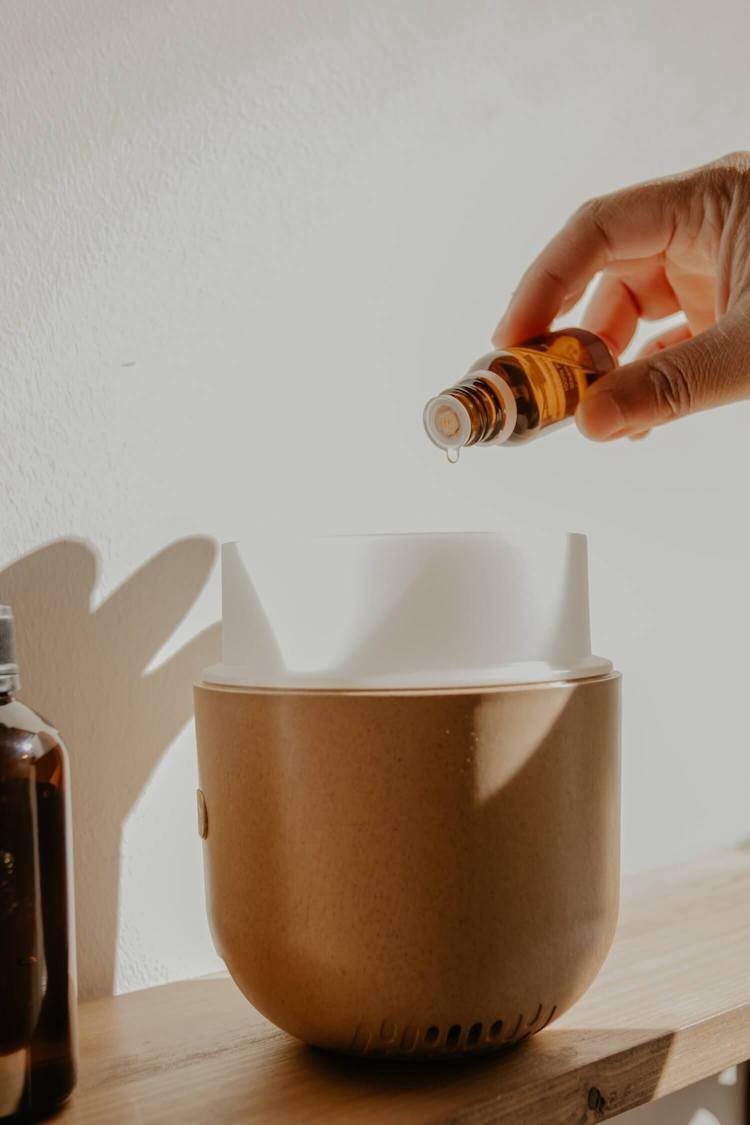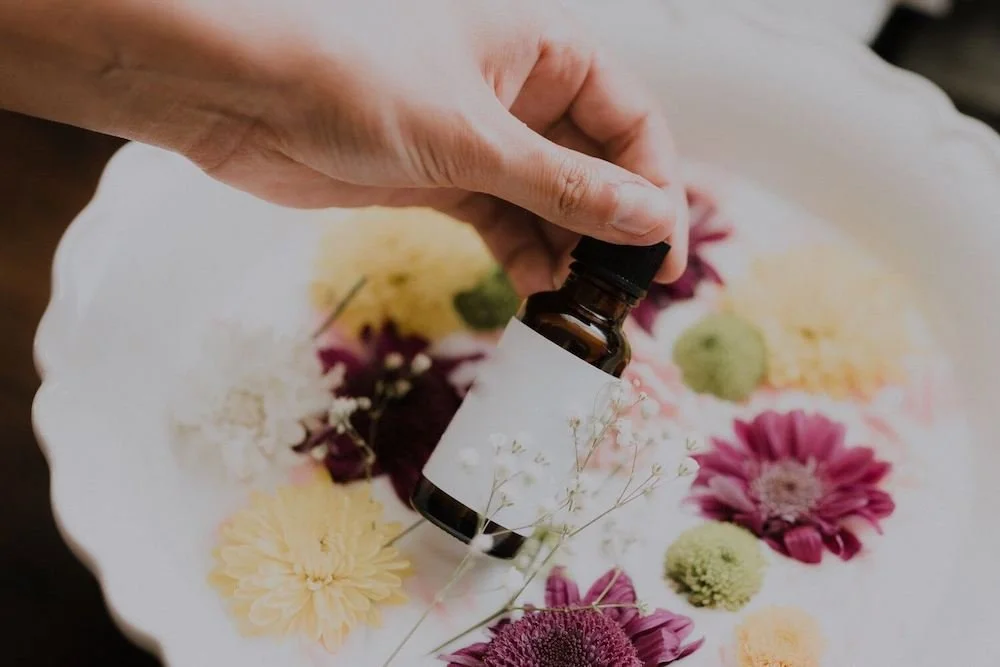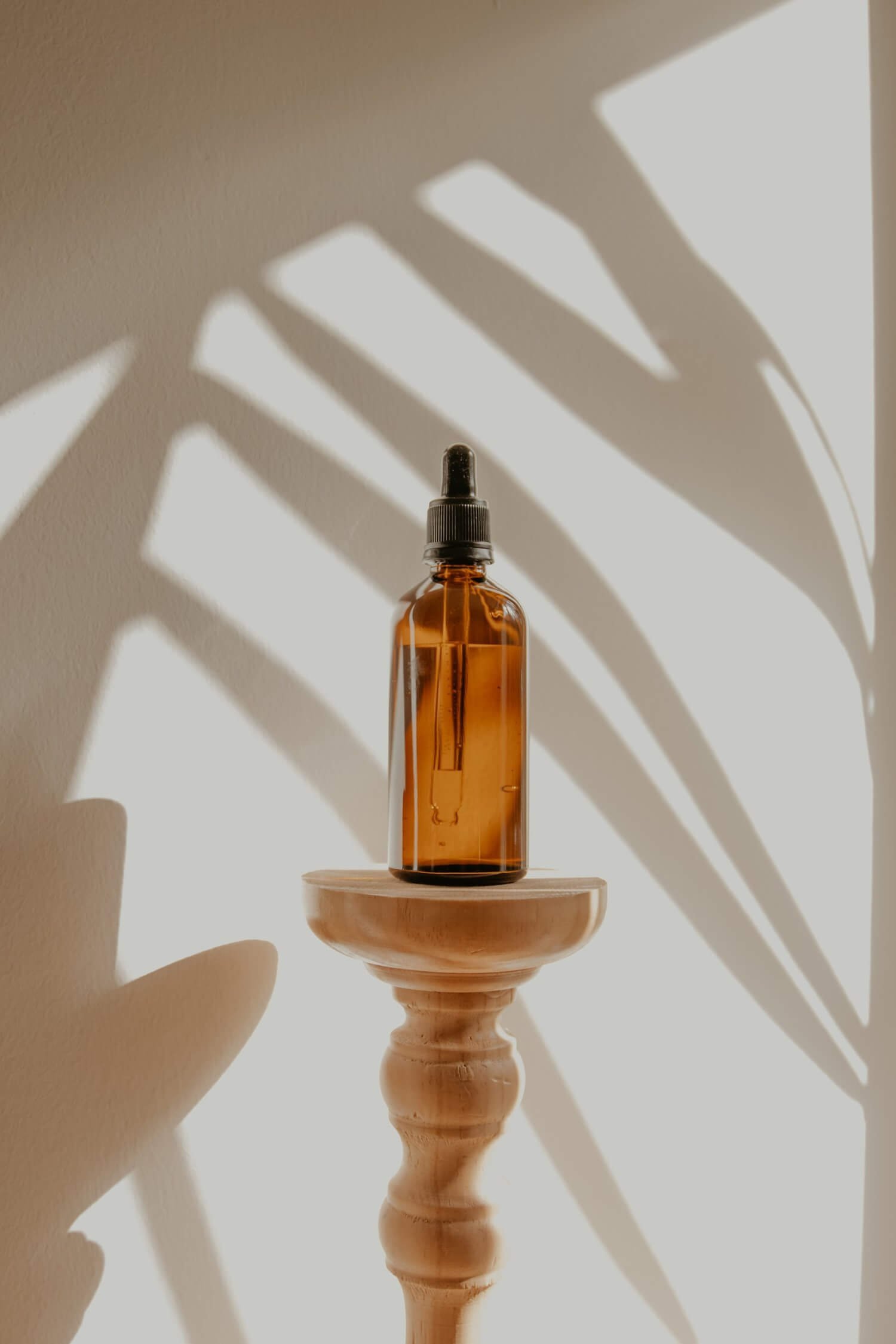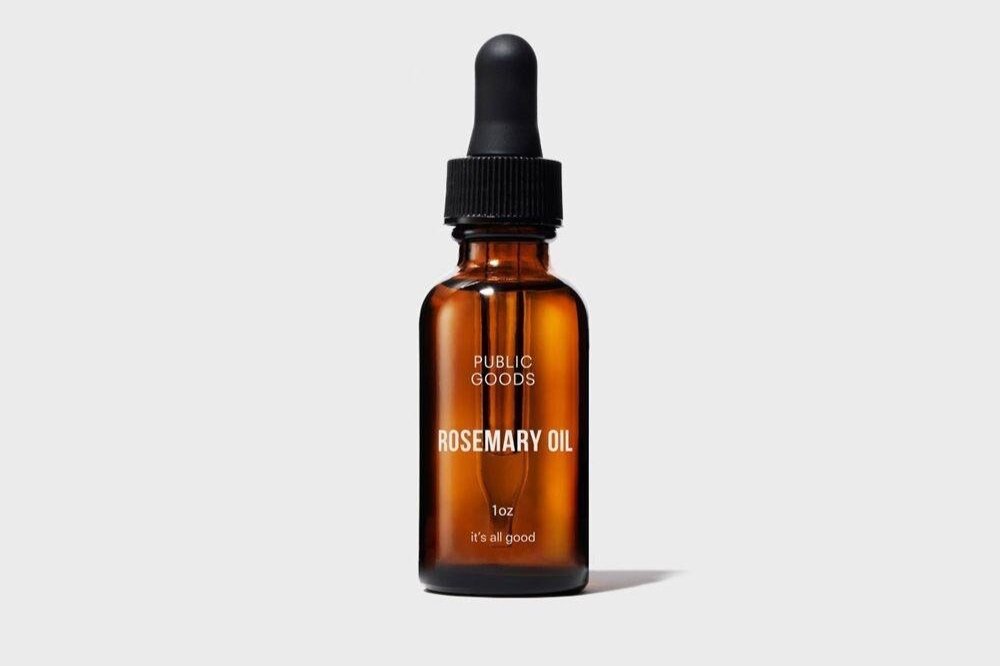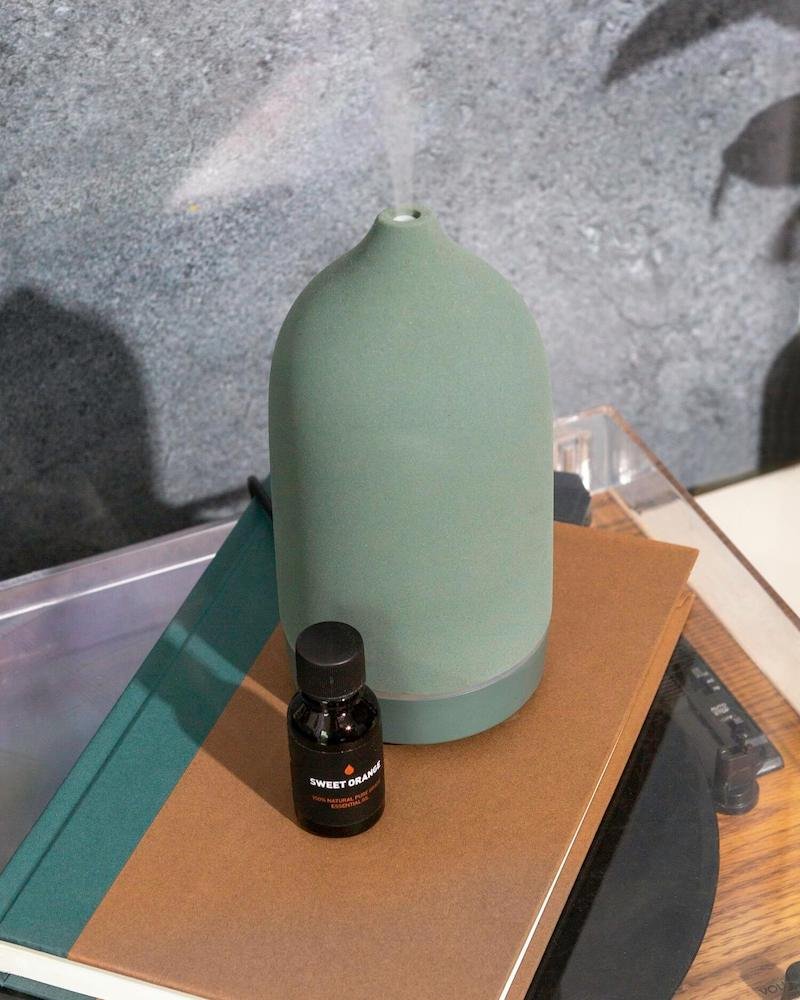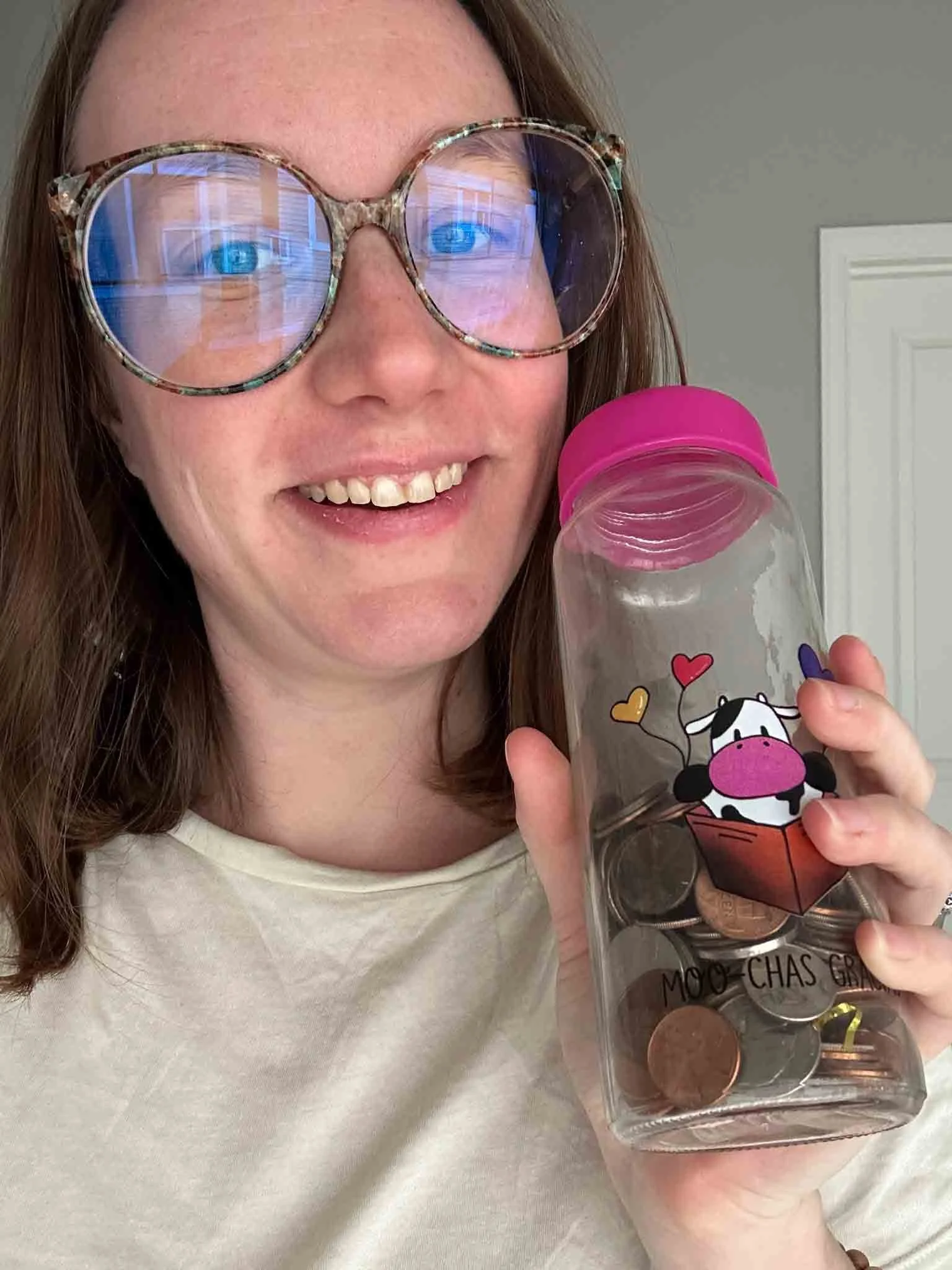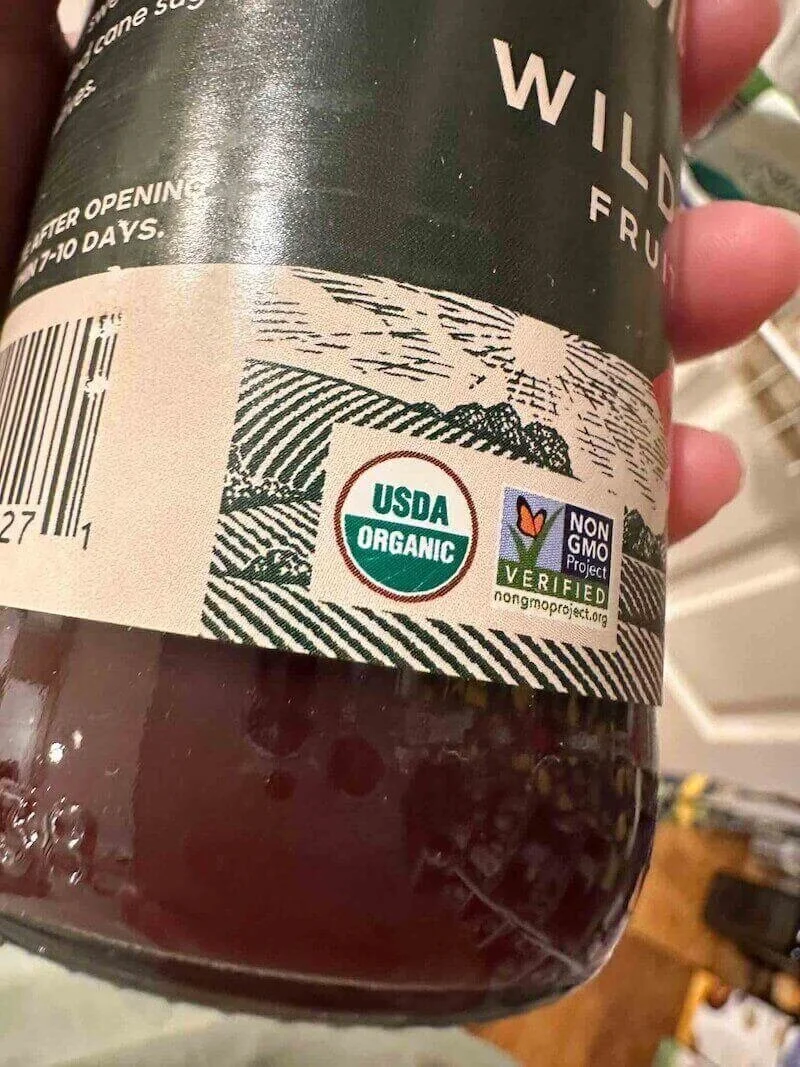The Best Organic Essential Oil Brands
Essential oils have played a big role in the wellness movement. You can find them everywhere — retail stores, wellness spas, big-box pharmacies and even recipe blogs — promising to fix everything from insomnia to skin irritations to anxiety.
It is reported that there are more than 100 essential oils used today and each one has a unique scent and function. Let's explore what essential oils are, learn about the sustainability, and meet some of the best organic essential oil brands.
This post does contain some affiliate links which means The Honest Consumer will receive a commission if you decide to purchase, however, at no additional cost to you! This article also has links to some studies of the benefits of essential oils, but this article does not make medical claims. Please discuss with medical professionals to decide if essential oils are right for you.
This organic essential oil guide will give a brief over view on how organic essential oils differ from conventional, provide a list of the best organic essential oil brands, and feature tips on buying and using clean essential oils.
What are essential oils?
Essential oils are plant extracts obtained from different parts of the plant (leaves, bark, roots, resins, flowers, fruits and seeds) through steam distillation, cold pressing or solvent extraction.
Essential oils have been used throughout many cultures for thousands of years, often for their therapeutic and medicinal benefits.
Different essential oils have different claims—for example, lemon oil has been known to keep bacterial infections at bay, frankincense oil has been know to promote feelings of relaxation and clary sage oil has been known to improve sleep.
There have been certain studies that suggest essential oils can help improve memory, mood, immune system, and sleep as well as have therapeutic effects in alleviating the symptoms of anxiety, depression, and insomnia.
However, there’s not enough evidence to prove their effectiveness. Essential oils affect people in different ways. What works for one person may not work for another!
How to Buy Clean Essential Oils
You may be surprised to learn that the quality of essential oils can vary widely and it can be difficult to assess the quality even for trained aroma therapists.
Being that the industry is not regulated by the Food and Drug Administration, it’s pretty much a free-or-all market for suppliers.
Due to the lack of regulation, quality control in the industry is also lacking and not all essential oils are created with authenticity in mind.
Some brands dilute or alter pure essential oils with synthetic fillers and fragrance chemicals which can cause unwanted side effects such as allergic reactions, headaches, hives, asthma attacks, etc.
In other cases, essential oils may have been grown with toxic chemicals that can slip into the oil during processing. That's why choosing certified organic oils is a great option.
The reason why choosing certified organic oils is important is because many essential oils are distilled from flowers and herbs that absorb pesticides, fertilizers and other chemicals in soil. If the oils aren't properly sourced, these chemicals may still be in the product you're using.
To ensure your oil isn't diluted or blended with non-organic compounds check to see if the brand is independently certified by organizations like United States Department of Agriculture (USDA).
How do organic essential oils differ from other oils?
The main difference between organic and non-organic essential oils is that organic producers use a farming technique that avoids or reduces the use of pesticides and fertilizers , ensuring that only clean natural substances are used on the plant.
Organic producers must be able to trace their ingredients back to the original source, which is why you should look for an organic essential oil that has the USDA’s organic seal or one of its international equivalents (similar logos exist in Europe and Canada).
How can you tell whether an essential oil is pure or fake?
One of the easy ways to ensure you're getting pure essential oils is by looking for the USDA Organic certification. If an essential oil is labeled certified Organic, it means that the oil was grown without GMO seeds, chemical fertilizers, pesticides or other artificial additives and has been certified by the USDA.
In contrast, products only labeled as “pure” “all natural” are not regulated by the FDA and may contain artificial substances. For quality assurance look for the USDA Organic certification symbol. This ensures you get some of the best quality oils.
What Are Pure Therapeutic Grade Essential Oils?
Many companies will do their best to convince you that they are selling the “purest” essential oils on the market - but what does this mean? What is the difference between organic, pure and therapeutic grade? And which one should you choose?
Let's break it down:
Pure- This term simply means that it does not contain any other oils besides the essential oil. It doesn't mean that it didn't come into contact with pesticides, fertilizers, etc., during production and processing.
Therapeutic Grade- Again...this term means nothing. There is no governing body for this term so it can be used by anyone and applied to any essential oil. Even companies that advertise their oils as therapeutic grade aren’t always telling the truth... but don't worry, we'll explore some of the best organic essential oils in a bit!
Certified USDA Organic means this brand was actually regulated by a third party.
What are the benefits of using organic essential oils over conventional?
Organic essential oils aren’t just good for the planet, they’re also a better choice for your skin and body. Many people choose to purchase organic essential oils that have been tested by a third-party company to ensure they're free from pesticides and harmful chemicals .
Most organic essential oil producers support and promote sustainable farming and often use recyclable materials in their essential oil packaging.
Safety: A certified organic essential oil has been scrutinized by the USDA to ensure that it has been grown without synthetic fertilizers, pesticides, and GMOs. Meanwhile, conventional oils might be genetically engineered or sprayed with harmful pesticides - there’s no way of knowing for sure. It's especially important to choose organic when avoiding skin irritation and when looking for high quality standards.
Potential Health Benefits: Since organic essential oils are grown as naturally as possible, they maintain their purity and provide the maximum benefits. On the other hand, conventional oils might be contaminated with chemicals that could compromise your health.
Environmental Benefits: Organic essential oils support small-scale farmers and promote sustainable agricultural practices that heighten biodiversity. On the flip side, oils that are cultivated through conventional farming methods may end up polluting our water, air, and soils.
The Best Organic Essential Oil Brands in 2024
To save you the time and hassle of finding genuine essential oils, we’ve created a list of reputable essential oil companies that focus on organic products. Discover some amazing essential oils at an online store that focusing on organic products.
Mountain Rose Herbs Sustainable Essential Oils
Known for their transparency, organic practices, quality and sustainably grown goodies, Mountain Rose Herbs essential oils are just another great gem from their catalog.
To show their commitment to their people and planet, you’ll find an array of certifications on their website including USDA Organic, Zero Waste, Non-GMO project, and Fair for Life just to name a few.
They have every essential oil you can think of in their lineup which features over 135 single essential oils (yes, you read that right)!
For beginners, they offer a versatile collection of kits with popular oils used in aromatherapy accompanied by fantastic blending ideas and dilution tips.
Their organic essential oil collection includes black pepper oil, basil oil, rosemary oil, bergamot oil, dill oil, hemp oil, and many more ranging from $5-$2000 depending on oil and size. I also appreciate how each oil has an in depth page explaining safety, blending, and origin.
Thrive Market's Affordable Organic Essential Oils
When it comes to all-around essential brands, Thrive Market is the full package. The Certified B Corporation was founded in 2014 with a mission to make healthy living easy and affordable for everyone.
Their popularity is mostly thanks to an extensive line of affordable singles and blends, all of which have been tested for both quality and purity by third-party labs.
A quick look at their website and you’ll see thousands of positive customer reviews - their essentials are definitely worth a try!
Their exclusive line of essential oils is USDA certified organic and they try to keep the prices as reasonable as possible. Thrive Market also focuses on creating some of the best quality by sustainably sourcing organic ingredients directly from farmers.
Thrive Market's organic oil collection features cinnamon leaf oil, eucalyptus oil, tea tree oil, peppermint oil, lavender oil, and more ranging from $6-$18.
Along with their own brand of oils Thrive Market also carries other organic brands including Aura Cacia, Ancient Apothecary, and more. Thrive Market is a great place to order your oils from if you're looking to get some online groceries as well!
Plant Therapy's USDA Certified Organic Essential Oils & Blends
Plant Therapy provides some of the highest quality USDA Certified Organic essential oils in the market.
The company’s products go through rigorous tests developed by world renowned essential oil expert Robert Tisserand to ensure that what you’re getting is the real deal.
This essential oil company even goes the extra mile by providing safety test results for each bottle on the Plant Therapy website.
From Vetiver, Tea Tree oil, Blue Yarrow oil, Sandalwood oil, Oregano oil, to Eucalyptus oil, you’re sure to find what you’re looking for in their range of a 53 Certified Organic essential oil which includes single oils and essential oil blends.
Most of Plant Therapy's organic oils feature reasonable prices ranging from $9-$45.
Public Goods Organic Therapeutic Grade Oils
Public Goods is known as an online shop focused on making organic goods more accessible. While Public Goods essential oils are not USDA certified, they do use premium, organic, therapeutic grade oils.
Since they are not third party certified you will find slightly more affordable prices. Public Goods organic essential oils feature lemon oil, rosemary oil, argan oil, lavender oil, peppermint oil, tea tree oil, and more ranging from $6-$13.
Rocky Mountain Oils High Quality Organic Essential Oils
Rocky Mountain is one of the oldest essential oil brands you’ll see around. This brand is also features USDA Organic certified pure organic essential oils.
Having GC/MS tested every single one of their oils for purity and potency, the company is confident about what they deliver, and that’s why they offer a no-questions asked 90-day satisfaction guarantee.
The brand boasts of 77 single essential oils and 60 expertly crafted oil blends that cater to a variety of health and well-being needs.
To take the guess work out of essential oil dilution, Rocky Mountains offers a comprehensive dilution guide so you can enjoy the benefits of their products safely.
Their organic essential oil offerings feature orange oil, turmeric oil, tea tree oil, peppermint oil, oregano oil, lemon oil, eucalyptus oil, frankincense oil, and lavender oil. Their amazing organic essential oils range from $13-$85.
How to Use Essential Oils
There are a variety of different ways to use essential oils for relaxation. In aromatherapy, essential oils are often inhaled to take advantage of their soothing scents. Some people add a few drops to bathwater, diffuse into the air or apply directly on your wrist.
The most common way to make use of essential oils is to inhale them. As you breathe in, the scent molecules reach thousands of receptors in your nose and travel to the limbic system which is part of the brain involved in motivation, emotion, learning, and memory. Traditionally, oil burners have been used to diffuse oils, but in the last few years oil diffusers have become the go-to for most people.
Essential oils can also be used for massages – to relieve muscular pain, tightness, and tension- and to tackle skin issues such as skin texture, acne, and hair loss. It’s worth noting that for topical use, essential oils must be diluted with a carrier oils like coconut oil and argan oil to prevent irritation and burning to the skin.
Essential oil based sprays are another way to get the benefits of aromatherapy while filling the room with a relaxing scent.
By using body care products made with essential oils this can add some relaxing scents to your skin care routine.
Some people even use essential oils as dietary supplements. If this is the route you choose to take it's incredibly important to discuss with a medical professional to make sure you're taking the oil correctly and it is good quality.
How to Start Using Essential Oils
With any essential oil, consistency is key. Essential oils are very powerful and need to be diluted with a carrier oil before using topically or diffusing.
If you’re new to essential oils it’s best to start by trying one or two at first to see how your body responds. This will also help limit the risks of allergies and sensitivities.
Popular Organic Essential Oils to Try
When getting started with essential oils it can be overwhelming. Here are a few popular essential oils and some of the potential benefits people can experience.
Organic Lavender Oil
Lavender oil is the most commonly used essential oil because of its purifying properties. It can be used to help relieve stress, treat acne, reduce pain and repel insects! This is a great oil to use before bedtime while you’re trying to wind down.
Organic Lemon Oil
Lemon oil has many uses from treating acne and insect bites to improving memory and mental alertness.
A recent study shows lemon oil can help balance cortisol levels under stress, which supports the claim that lemon oil can reduce anxiety. Lemon is also a great oil for immune support and has a refreshing, clean scent!
Organic Tea Tree Oil
Tea Tree oil is a great natural remedy to fight bacterial infections. It can be used topically or diffused to promote feelings of relaxation and ease pain. Tea tree oil has been shown to have antiviral properties but there has been no research on its effects on mental health.
Organic Peppermint Oil
Peppermint oil is a great stress reliever. It can also help relieve pain and reduce feelings of nausea, which makes it a good choice for those suffering from anxiety and depression. Like lemon oil, peppermint has a refreshing, clean scent that can help ease feelings of tension.
How to Tell When an Essential Oil Is High Quality
It doesn’t take a chemist to spot fake essential oils. Once you know what to look for, it can be quite easy. When browsing the different brands at the store here are some things to look out for when buying essential oils:
Pricing - Extracting oils is a labor intensive and expensive process, if the price of the essential oil is unusually low compared to the market price, you might be buying a diluted formula or from a brand that lacks good manufacturing practices. Sometimes competitive prices that are suspiciously low are usually due to something in the supply chain that does not add up.
Product details - A trustworthy essential oil label will include the Latin name of the oil, the country where it comes from, shelf-life and batch number.
Certification: It should have a seal from a reputable third party entity like the USDA.
Packaging: Quality essentials oils are sold in dark amber, cobalt or green glass bottles to protect from UV rays and degradation.
Tips for Using Essential Oils
Essential oils can be a great addition to daily life and self care routine. Here are a few tips for getting the most out of your essential oil experience.
Store essential oils away from heat and light as this may change the properties of the oil. Also, keep them in dark glass bottles since essential oils are light sensitive. Some essential oils are okay to have out on the counter or in a cupboard but I recommend keeping them away from children and pets just to be safe.
Essential oil quality varies depending on where it is bought, who makes it and how old it is. It’s best to buy your oils from a reputable company to ensure quality. If buying oil that isn’t certified organic, it’s important to find out where the plants used in the oil were grown along with other information about how they were made.
When first introducing essential oils into your routine, try using small amounts since some people can be sensitive or allergic to the oils. Start with a few drops and work your way up as you see fit.
Essential oils should never be taken internally without consulting a physician first.
Hopefully this guide has helped you understand the importance of organic essential oils and provided guidance as to what to look for when shopping for oils.
For more tips & tricks on sustainable living be sure to follow The Honest Consumer on social media, subscribe to our newsletter, & check out the Ethical & Sustainable Brand Directory.

